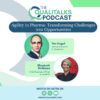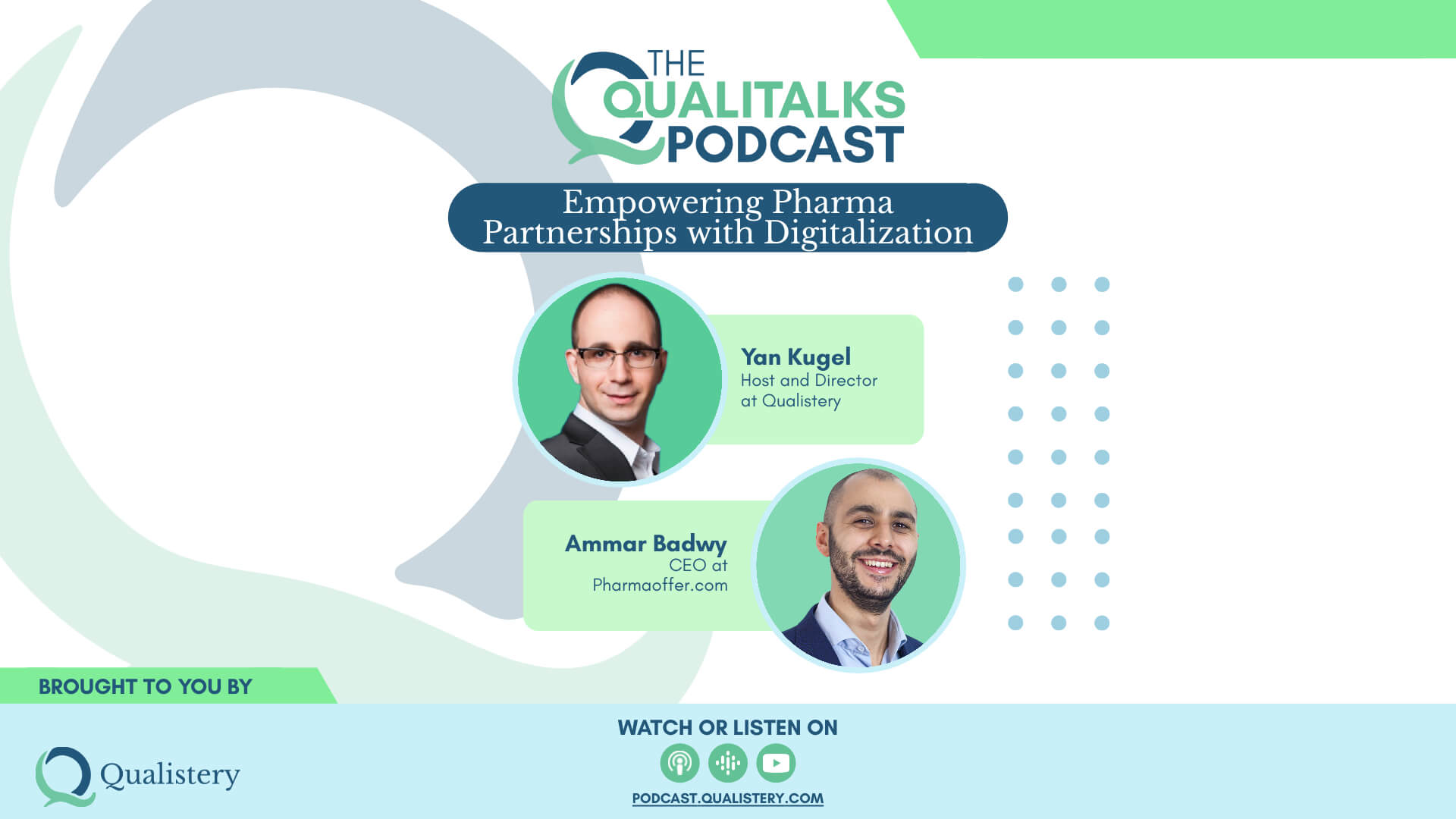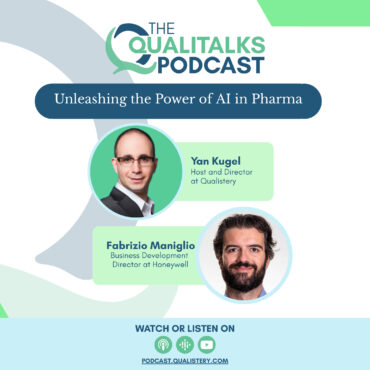Improving Manufacturing Efficiency and Compliance with Toon Lambrechts
Join us as we dive into an insightful conversation with Toon Lambrechts, the Co-Founder of MyCellHub, in an exploration of advanced therapies and the democratization of access to life-changing treatments.







